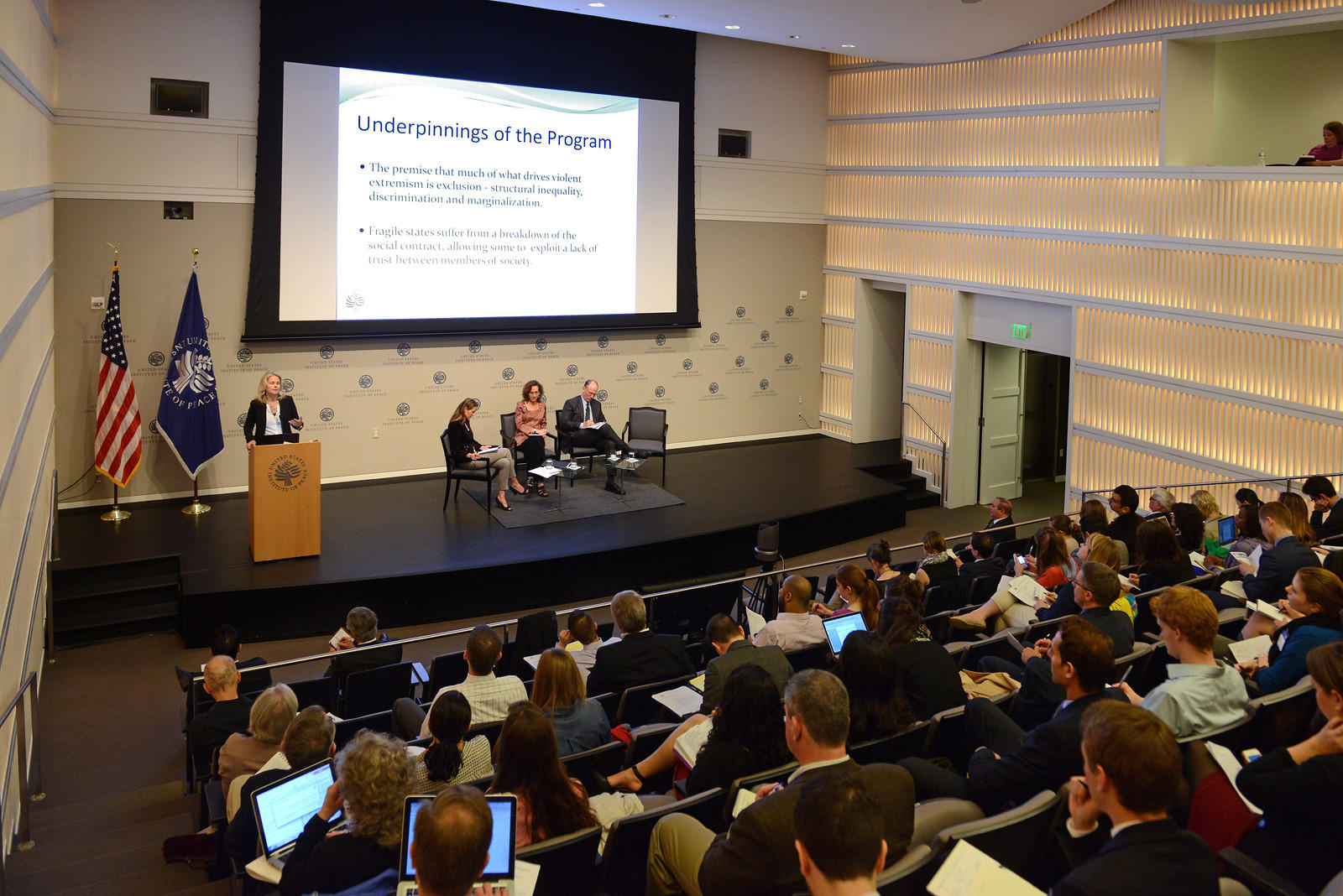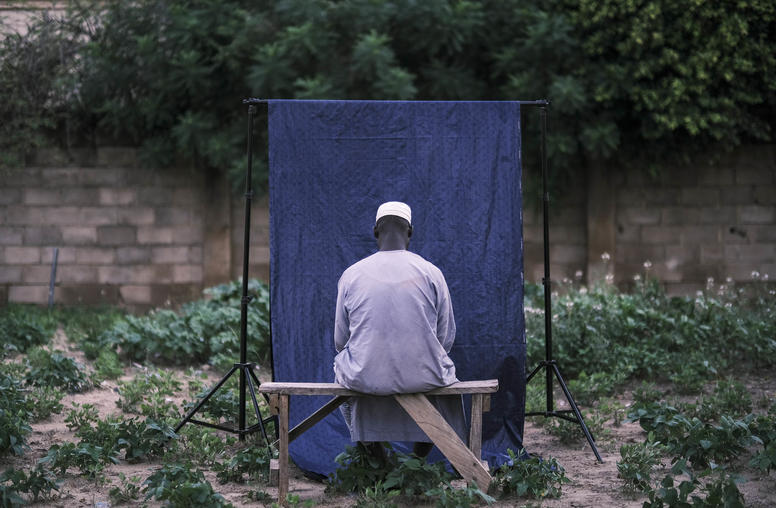A Different Route to Countering Violent Extremism: What Works?
From Paris to northeastern Nigeria to Burma, violent extremism has emerged as a critical threat to peace and stability. Military and police responses make headlines, but many governments, civil society organizations and individuals also are doing painstaking work to build resilience, support alternative narratives, reduce underlying divisions and ultimately counter the allure of militant groups. State Department Counselor on Counterterrorism and Preventing Violent Extremism, Eric Rosand, joined the Conflict Prevention and Resolution Forum on Tuesday, April 14, at the U.S. Institute of Peace for a discussion of the results of these efforts, and how to build on effective approaches.

The Conflict Prevention and Resolution Forum (CPRF) provides a monthly platform in Washington for highlighting innovative and constructive methods of conflict resolution. Established in 1999, the forum’s goals are to (1) provide information from a wide variety of perspectives; (2) explore possible solutions to complex conflicts; and (3) provide a secure venue for stakeholders from various disciplines to engage in cross-sector and multi-track problem-solving.
The forum is co-sponsored by a consortium of organizations that specialize in conflict resolution and/or public policy formulation, including Search for Common Ground, the Alliance for Peacebuilding, American University’s International Peace and Conflict Resolution Program, George Mason University’s School for Conflict Analysis and Resolution, the Woodrow Wilson International Center for Scholars, Johns Hopkins University’s –Conflict Management Program in the Nitze School of Advanced International Studies, Partners for Democratic Change, Georgetown University - Conflict Resolution Program and USIP.
Continue the conversation on Twitter with #CPRF.
Speakers
- Eric Rosand
Counselor on Counterterrorism and Preventing Violent Extremism, State Department - Lena Slachmuijlder
Vice President of Programs, Search for Common Ground - Nadia Gerspacher
Director of Security Sector Education, USIP Academy - Candace Karp, Moderator
Senior Program Officer, USIP Academy




